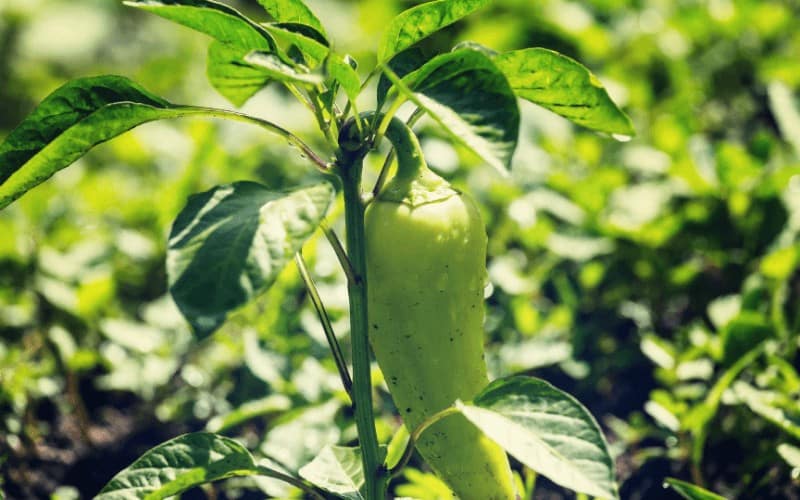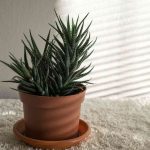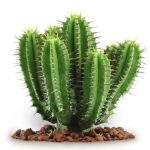Pepper plants, whether they are the hot peppers or sweet peppers, need a moderate amount of water to thrive. But how often should you water pepper plants?
Having a well-informed answer to this pertinent question is essential for understanding how to care for your pepper plants. The successful growth of the pepper plant depends on the frequency and amount of water it receives.
Although most varieties of pepper plants come from arid regions, they require a moderate amount of water to thrive. Hence, too much water is not ideal for pepper plants, as it can stunt their growth and cause their leaves to turn yellow.
Read Also: Best Time to Pick Banana Peppers
How Often Should You Water Pepper Plants?
To determine how often you should water pepper plants, you must, first of all, consider the medium of growth. That is, where is the pepper plant being grown; is it in a pot or a soil?
The medium of growth goes a long way to influence how often a pepper plant should be watered. Let us consider a pepper plant being grown in a pot first.
When growing a pepper plant in a pot or a container, the frequency of watering the plant is dependent on the size of the pot and the surrounding weather condition. On the scorching days, when the soil is dry, usually during summer, the pepper plant should be watered every day.
In colder weathers such as during fall and spring, when the soil isn't dry and isn't moist, the pepper plant is watered at least every two to three days.
The surest way to determine when to water the pepper plant is to feel the supporting soil. You can stick your finger through the soil or feel the soil's upper layer if the soil feels moist, then you should not water the soil, but if it feels dry, it's a clear indication that there is need for water.
Remember not to overwater the plant, avoid making it susceptible to moisture-loving diseases, and stunt its growth.
However, a general rule of thumb suggests that you should water pepper plants in a pot once a week and then left alone to thoroughly drain through the bottom hole.
This suggested frequency varies based on the changes in temperature, varying size of pots, growing stage of the pepper plant, and wind.
Now, let us consider pepper plants that are being grown in the soil and how often you should water them. Pepper plants are grown in the soil, usually requiring less water than those grown in pots or containers. As a result, we suggest that you water the pepper plant only when there is a need for water.
This need for water is determined by either feeling the soil or using a moisture meter. Like feeling the soil with your fingers, the moisture meter is inserted into the soil, and the water level in the soil is indicated on the meter.
The figure thus indicated would enable you to make an informed decision on whether to water the plant or not.
Some pepper plant growers do not water their plants until the plant leaves start to wilt, and then they can water the plant and wait until such indication. Pepper plants can actually thrive for a while without water, but we do not encourage that you starve the plants of water.
On the other hand, an excessive amount of water causes the plant to stunt in growth, get their leaves to turn yellow, droop, and generally have a poor health state.
Pepper plants do quite well without water because they originally come from dry climates, where water and moisture are rarely found.
Generally, whether you are growing your pepper plant in a pot, a nursery bed, or in the soil, you should ensure that water directly at the plant's roots.
Pepper plants do not enjoy having wet foliages, and if you water the plant overhead, the plant would quickly lose moisture to evaporation. Stick to watering at the ground level.
Conclusion
Pepper plants are sensitive to irregular watering schedule, so once you have figured out how often you should water your pepper plant, you should stick to that schedule.
It would be best if you also stuck to supplying a moderate amount of water to the plant, as too little water can lead to the plant's wilting, while too much watering can lead to the general poor development of the plant.
Since overhead watering does no good to pepper plants, you might as well adopt a drip irrigation method of irrigating the pepper plant.
This method ensures that water is slowly added to the pepper plant's root level at a controlled pace and interval. With this method, the plant foliages are safe, and there is increased water retention in the soil.





